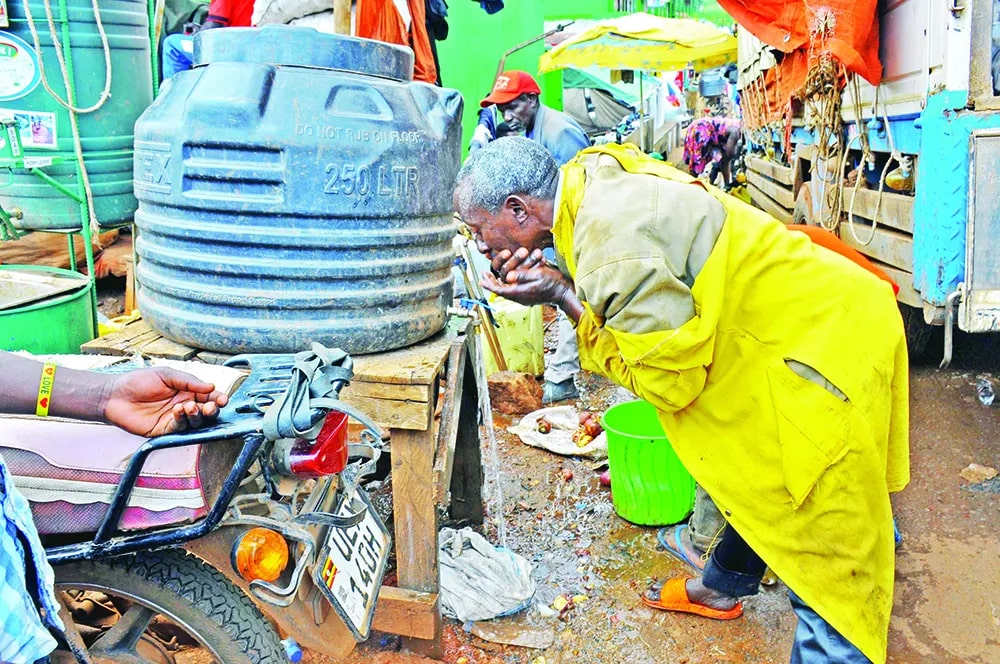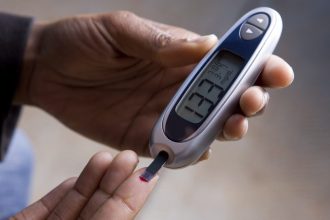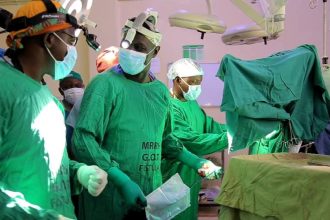(Kampala) – Seven in ten Ugandans do not wash their hands after using the toilet, raising serious public health concerns.
According to a report by Bosco Okia, the principal health inspector from the Ministry of Health, a staggering 70% of the population fails to practice proper hand hygiene after using toilets or pit latrines. With Uganda’s population at approximately 45.9 million, this means that around 32 million people are at risk of preventable diseases due to inadequate hygiene practices.
The alarming statistics were highlighted during the Global Handwashing Day celebrations at Namboole Stadium on October 22, 2024. Okia noted that only 30% of Ugandans use clean running water and soap after using sanitation facilities. He emphasized that improved handwashing habits could significantly reduce the incidence of diseases such as diarrhea and cholera.
Okia pointed out that if the country managed to control the spread of COVID-19 through effective handwashing, similar measures could prevent outbreaks of diseases like Ebola and mpox. The event was organized by the Ministry of Water and attracted officials from various government sectors, including health, education, and local government.
Water Minister Sam Cheptoris, who attended the celebrations, urged head teachers and district health officers to create safe environments in schools, promoting hand washing among children. He emphasized that schools must facilitate proper hygiene practices to ensure children’s health and safety.
Joseph Ayatu, the commissioner for rural water supply and sanitation, shared grim statistics indicating that more than 1.7 million children under five die each year from preventable diseases like diarrhea and pneumonia. He stated that proper hand washing with soap could reduce illnesses by up to 50%.
The Ministry of Water is focusing on behavior change initiatives to encourage regular hand washing among both children and adults. They are also working to improve sanitation facilities in schools and public areas. Ayatu noted the collaboration with NGOs, the private sector, and civil society to foster sustainable hygiene practices and enhance public health through hygiene programs.
Global health organizations underscore the importance of hand washing with soap as a cost effective measure to control infections. It significantly reduces the risk of respiratory infections and the spread of diseases like cholera, COVID-19, and Ebola.
Good hand hygiene is also vital in managing neglected tropical diseases and reducing antimicrobial resistance, which can lead to superbugs. Proper hand washing can help decrease the need for prescribed antibiotics, thereby contributing to overall health and safety in communities.




















